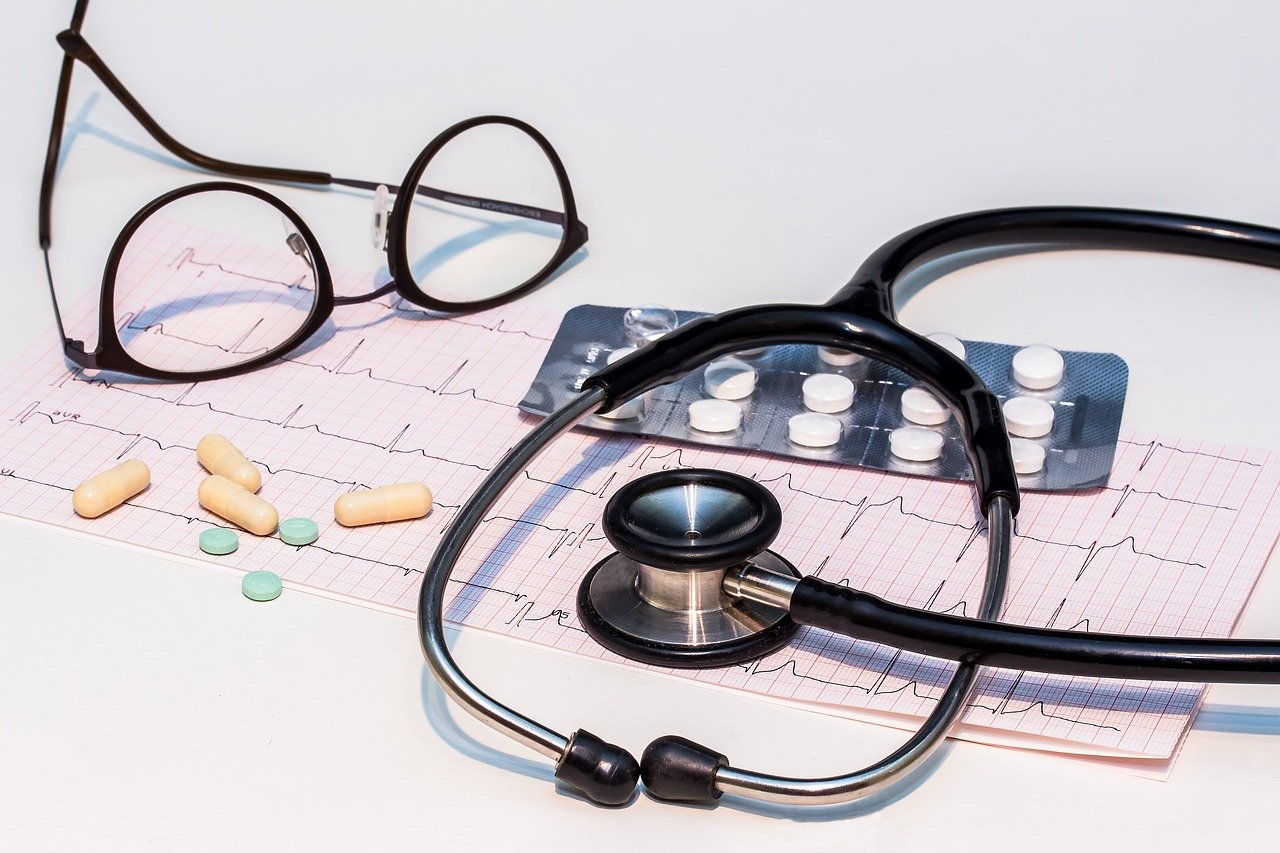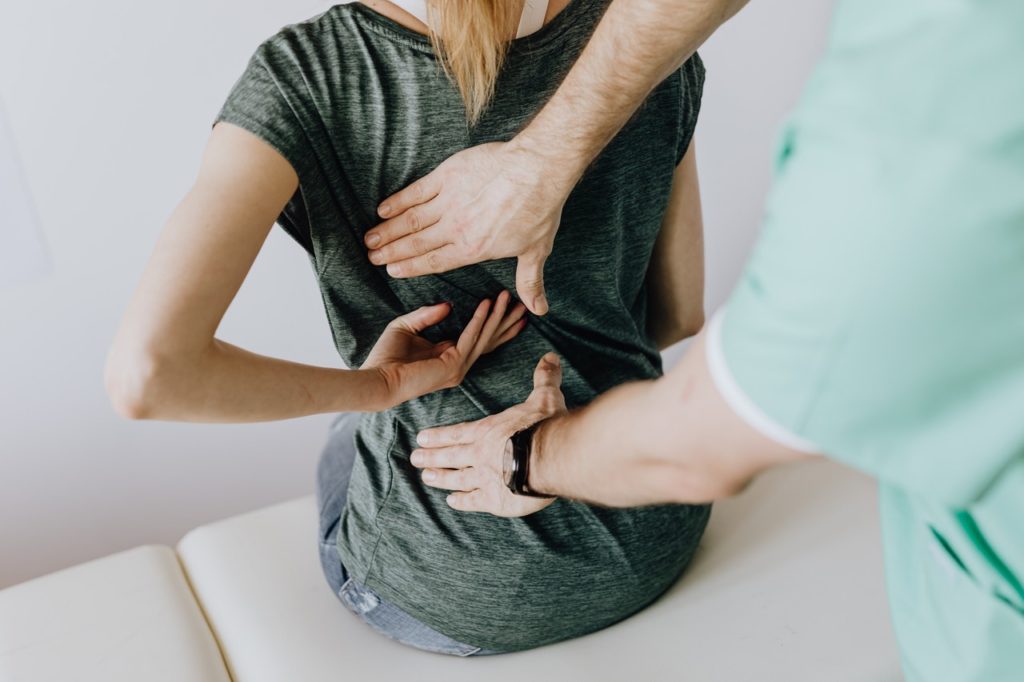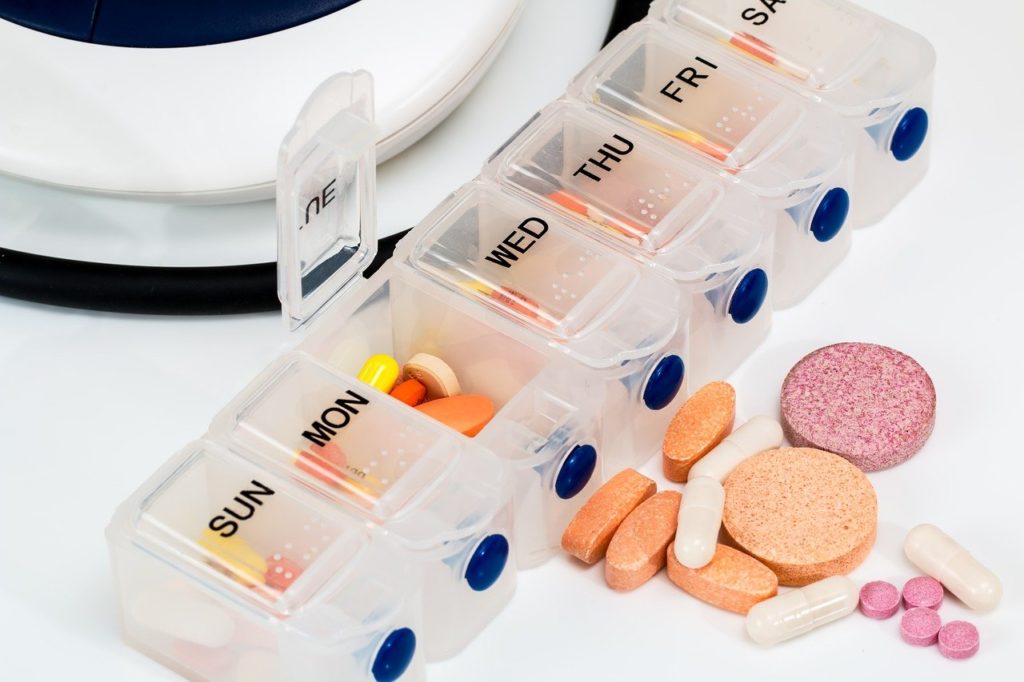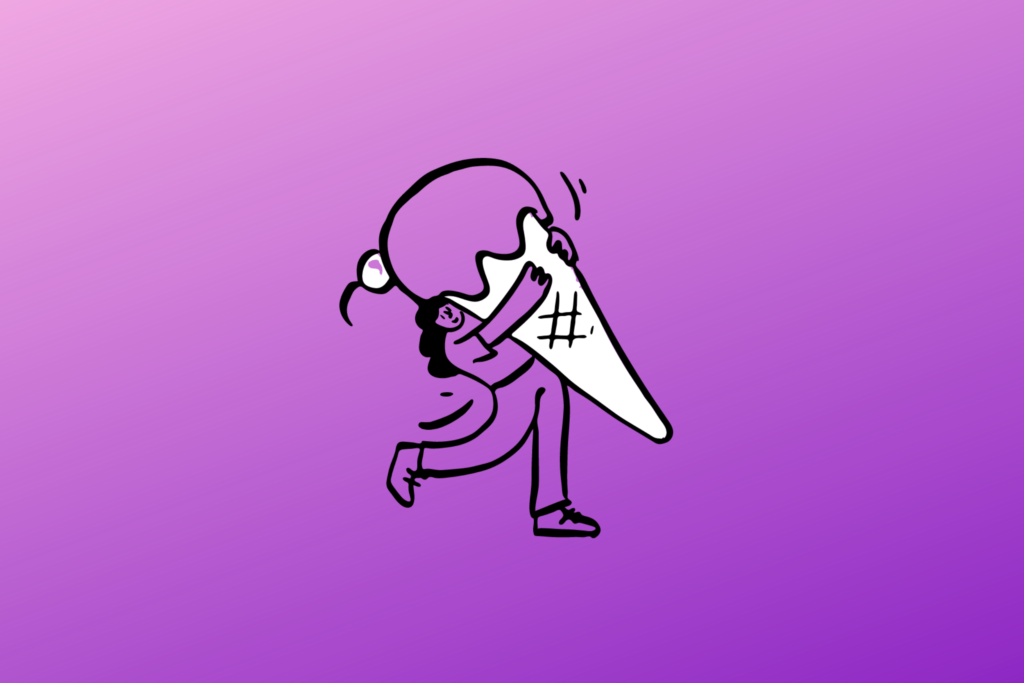The Intern's Guide to:
General Medicine
12th january 2021

Welcome back!
This is the second article in a three part series on how to survive (and thrive) in your mandatory intern rotations – General Surgery, General Medicine and Emergency Medicine.
Today we will be doing a deep-dive into General Medicine.
General Medicine is a great rotation to learn the management of common medical issues and also understand the social aspects to many medical admissions. It’s about working in a team to ensure the patient receives the best care possible. No matter what your medical career aspirations are, a good foundation in General Medicine will stand you in good stead.
What is a Typical Day in General Medicine:
The day usually begins at a more human hour of 8am. Your job as in intern is usually to document each patient that is seen on the ward round with the help of your trusty computer on wheels (COW). Unlike a surgical ward round, a medical ward round involves less running and more thinking. These can last anywhere from a few hours to half a day. After the ward round, there are usually a list of jobs that will need to be done and some afternoon reviews.
The Medical List:
Usually the medical list will take about 30 minutes to prepare.* Unlike the surgical list, this one has to be little more detailed and accurate. Make sure all relevant investigation and plans are listed. Ensure that patients are still in their relevant beds (you’ll be amazed at the amount of bed transfers that take place in a hospital after hours). Add any patients that came in overnight to the list. Print enough copies for the entire team plus a few spares. Update the list at the end of the day before you go home.
*No-one works for free. Not even interns. If you come in early to do the list, make sure you CLAIM YOUR OVERTIME. Half-an-hour of solid work is still half-an-hour of solid work. The ward round would not be possible if you didn’t come in early to prepare the list.

The Ward Round:
This is when you will see physicians (consultants) and budding physicians (registrars) with their thinking caps on. Be prepared to show them everything about the patient on the computer. They will want to see Observations, the Medication List and read any notes about overnight events. It always helps to include an issues list at the beginning of every ward round note. This ensures that all members of the team are on the same page. Make sure you don’t just copy and paste this part of the ward round note everyday as it can result in new issues not being added to the list or resolved issues remaining on the list. The most important part of the ward round note is the Impression and Plan. In your first few days, it can be difficult to come up with an impression yourself. Ask the registrar what they think. Document a clear and concise plan so that you aren’t called by the nursing staff 10 minutes after leaving the bedside.
Some medical ward rounds take a few hours and some take half a day. This is very dependent on your consultant and the number (and complexity) of patients you are seeing. When ward rounds are extra prolonged, it is wise to try and get some of the more urgent jobs done on the round as this can save time later.
Ward Jobs:
At the end of the ward round, sit down with your registrar and do a paper round. A paper round is where you sit down (+/- coffee) and talk through all the patients and their plans. You determine what ward jobs need to be done and divide them up amongst the team.
Common jobs generated from a medical ward round include:
- Requesting Radiology scans: Depending on your hospitals workflow, these usually require an electronic order on iEMR followed by a call to your friendly Radiology registrar with a summary of the patient’s story and why you need a scan. When quoting reasons you need a scan urgently, ‘because my Consultant wants it’, does not fare to well. Try and avoid this one. If you are unsure about why your patient needs this scan (when they have previously had ten other similar scans), ask your registrar. They might be 10 steps ahead or you might have missed something on the ward round.
- Requesting blood tests: There are these amazing people who roam the wards and take blood from people – they’re called phlebotomists and they are a junior doctor’s best friend! If you need urgent blood tests, it helps if you call the phlebotomist and explain the situation. Before you go home everyday, make sure you order blood tests for the next morning.
- Requesting medical consults: A kind registrar will make this phone call for you (especially in the first few days). However, if you are asked to get a consult from a medical specialty (e.g. cardiology, respiratory), ensure you have the patient’s full story with you and a specific question in mind. Read the section on ‘Referring’ in the Intern Survival Guide for further information.
- Referring for outpatient follow up: Some patients will need to be seen again in an outpatient setting once they are discharged from hospital. This may be a General Medical Clinic or it may a Specialty Clinic. Ensure you refer to the relevant specialty and put as much information on the referral as possible. State when you would like the follow up to take place – 2 weeks?, 6 months?
- Complete Discharge Paperwork: This includes discharge prescriptions and medical certificates. I always like to let the pharmacist know which patient’s will be discharging. The pharmacists are great at flagging potential medication issues as well as talking to the patient about changes to their medications.
- Discharge Summaries: These are an intern’s best friend (NOT!). No junior doctor worth their salt enjoys discharge summaries. But they have to be done. Put yourself in the GP’s shoes and think what they would want to know when they see the patient in their clinic. A management plan on discharge will be at the top of their list. GP’s don’t really care what fluids a patient received in hospital so feel free to leave that out. I’ll be writing an article on the best way to write a concise and helpful discharge summary shortly.
- Follow up arrangements: Always discuss follow up arrangements with the patient on discharge. Ask them to see the GP for outstanding pathology or reviews. any removal of sutures or repeat pathology. Always give representation advice.

MDT/Allied Health Meetings:
Medical wards also have MDT and Allied Health Meetings. As an intern, you may be seconded from the ward round to give an update on your patients. Identify issues about each patient you want to discuss. Who would benefit from physiotherapy input? Which patient hasn’t eaten properly for one week and needs the help of a dietician. Flag to the nursing staff potential discharges from the day. This helps with general hospital bed management. Remember to take all concerns that the allied health team put forward to you seriously. They often pick up on things that were missed during the ward round.
Things to Know:
Common presentations in General Medicine include:
- Pneumonias and COPD
- Congestive heart failure
- Cellulitis and other interesting infections
- Elderly falls
- Pyelonephritis and UTIs
- Dementia and delirium
Make sure you know a little bit about how all of these are managed and common drugs used.
As an intern, you will be asked to:
- Assess patients with common medical complaints (chest pain, SOB, constipation, N+V)
- Correcting electrolyte disturbances. There’s a great guide here.
- Manage pain
- Assess a patient’s fluid status
- Perform cannulation/venepuncture on patients with ‘difficult’ veins
- Insert indwelling catheters (IDCs)
If you are ever unsure – ASK FOR HELP!
Self-Care As a General Medicine Intern:
- Bring snacks, snacks and more snacks
- Treat yourself and empty your bladder every once in a while.
- Leave work at work
- Plan wholesome activities for you to do after a long day’s work. This could be eating a nice meal, seeing friends, having a long shower or watching your favourite TV show.
- Practice sleep hygiene.
- Debrief with your fellow interns about the good, the bad and the ugly
- Spend time outdoors on your days off
General Medicine is a great rotation for learning about the most common of medical presentations. Be sure to ask lots of questions and learn as much as you can.
May you learn lots,
Doctor Nisha








